13 important moral lessons as taught to us by games
Shadow of the Colossus - Selflessness isn't always a virtue
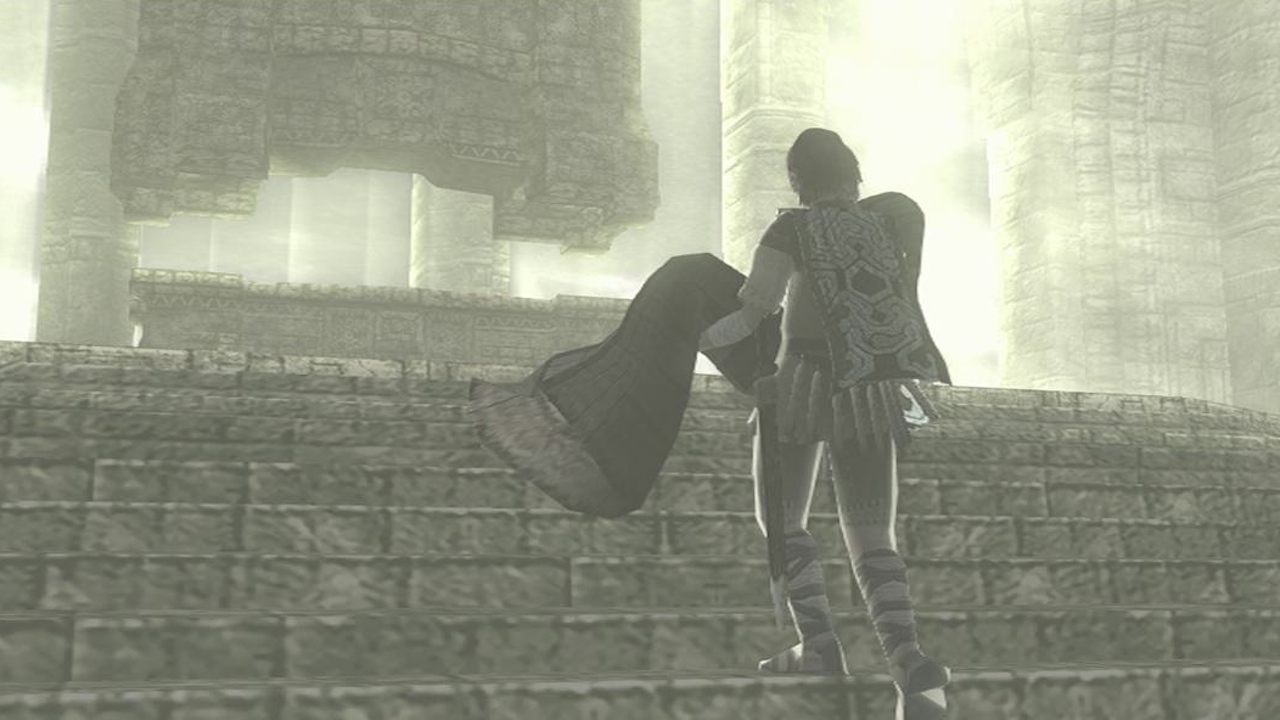
Some folks would probably characterise Team Ico's Shadow of the Colossus as a tragic love story. Boy meets girl, boy likes girl, girl gets struck down with mystery sleeping sickness and boy ventures forth to defeat 16 giant, sad beasts. Yes, that old chestnut. Of course, as it turns out the player character, aka Wander has been manipulated all along, convinced to murder these sentient guardians in order to unleash a powerful evil upon the world. Wander becomes darkness incarnate before eventually being destroyed by the (presumably) forces of good. In effect, he accepts endless torment on behalf of another, sacrificing his life in exchange for that of his beautiful beau. Now that's what I call selfless.
Except it really isnt. Even if you can discount the deaths of all those thinking, breathing Colossae Wander's people probably hunted other 'animals' too, right? The boy's actions [spoiler alert] also cause the inadvertent deaths of his beloved horse Agro, and perhaps even one or two of the pursuing soldiers. As the old saying goes 'the path to hell is paved with good intentions'. SOTC teaches players that an act of uncompromising selflessness could be just as dangerous as any selfish deed oh, and to always grab monsters by the hairy bits.
Killzone - Don't judge a book by its cover/ there's two sides to every story
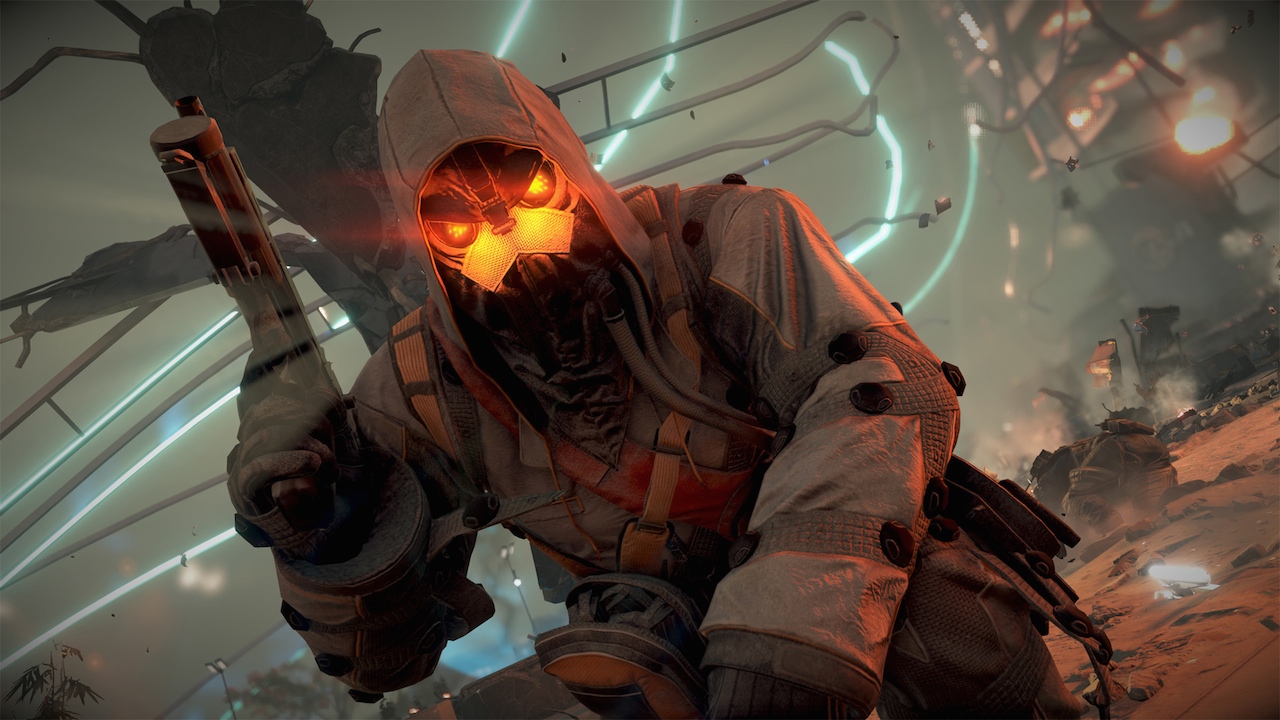
Spotting a big, evil bugger always used to be so easy. Bad guys wore black, good guys rocked the rainbow. Simple enough. Then, the anti-heroes started showing up, muddying the waters for everyone with their dark attires and slick, no-nonsense attitudes. Characters like The Punisher, who'd just as soon punch a small child out the way of an incoming bullet as leap valiantly into its path. Their gritty example forced people into reassessing their expectations of a villain, to stop 'judging a book by its cover', so to speak. Then Killzone came out, and we all just reverted back to type.
As it turns out however, Killzone's Helghast enemies really aren't all that bad. Sure they might look menacing, and those voices certainly suggest some kind of crippling stogy addiction, but that's about it. Remember, these guys have been royally mucked around by the supposedly honourable ISA, to the point where the latter party even decided to drop a big stonking Nuke on top of them. At their worst, these fiendish-looking fighters are only as bad as their enemies. So, keep that in mind, the next time you decide that knife-wielding maniac in the next aisle is definitely 'a bad guy'. Well, maybe not him run.
FFX - just because it's always been done one way, doesn't mean that's the only way to do it
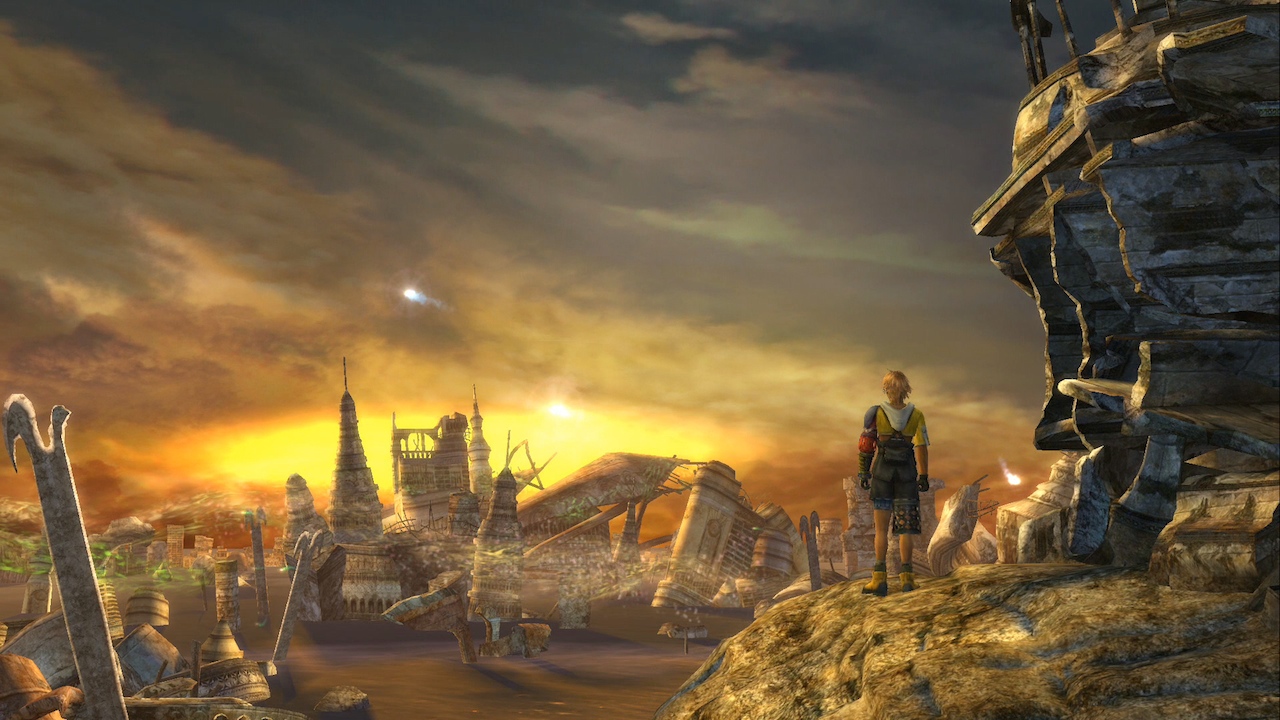
As Far Cry's villainous Vaas so helpfully points out, the definition of insanity is 'performing the exact same action, over and over again, expecting the outcome to change'. I'm paraphrasing here of course, Vaas' version is just a wee bit more colourful, and usually precedes some kind of horrifying mental anguish. Still, the man's got a point. In the world of Final Fantasy X, and the idyllic island culture of Spira, the people, finding themselves besieged by a regenerating monster, seek respite by sacrificing a high summoner to the beast.
It does the job alright, but the accompanying period of 'calm' never lasts very long. It isn't until the heroes of FFX decide to flout hundreds of years of tradition that the sad cycle is finally broken. And for their actions these sexy adventurers are cast out, labeled as heathens and even pursued by the authorities. What FFX seems to be suggesting is that sometimes, observing an outdated custom isnt really the answer but actually part of the problem. Oh and sometimes your dad will want to take you on some really trippy vacations
KOTOR - Everyone deserves a second chance (except when they don't)
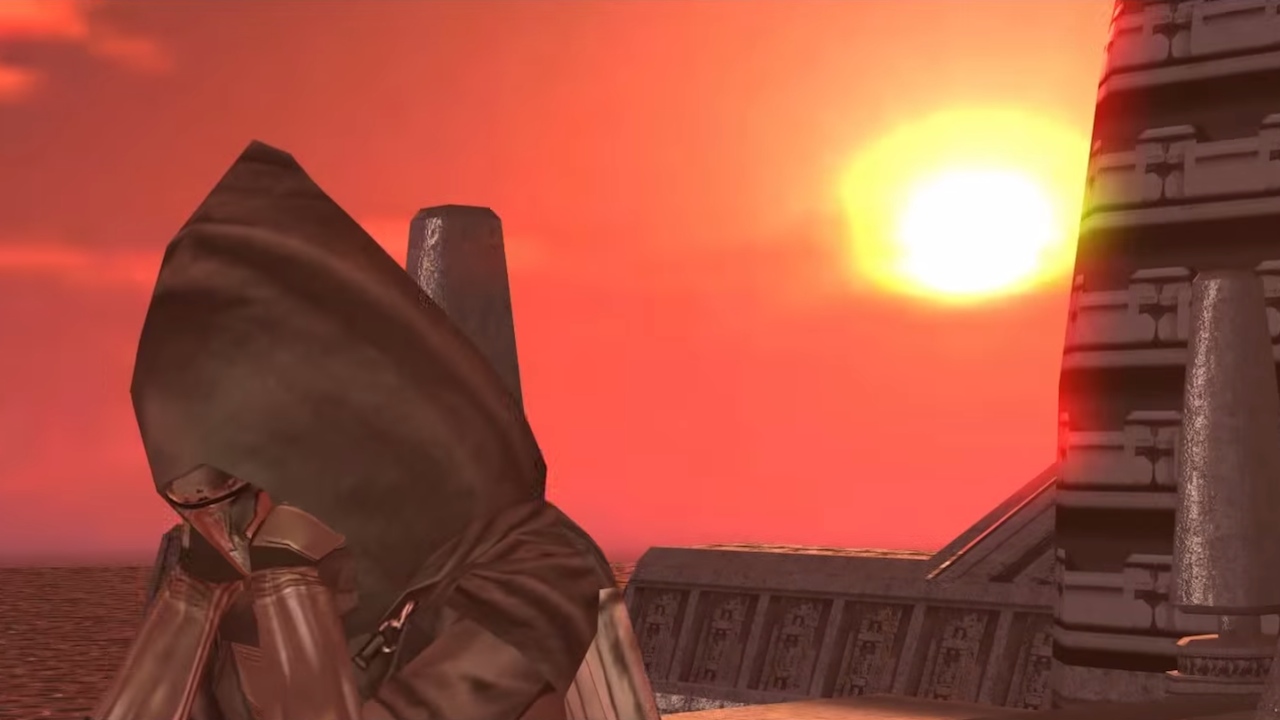
Consider this entry one giant spoiler. Yes, yes I know Star Wars: Knights of the Republic may have come out a long, long time ago, but what the hell: I'm feeling generous. Spoilers ahoy! As it turns out KOTOR's main character, a mysterious force-sensitive amnesiac is actually the lost Sith lord Darth Revan. Dun dun dun! Revived without access to any of his prior memories, Revan is essentially a blank slate, and therefore free from any guilt accompanying his previous dealings.
Weekly digests, tales from the communities you love, and more
Of course, by this point in the game any light-sided players will have already reformed the new-and-improved Revan, returning him fully into the Jedi fold. It just goes to show that anyone--within reason--deserves a second chance. Although you might want to restrict that sentiment to casual wrongdoers and uber evil amnesiacs. Otherwise, as any dark-sided players soon discover, giving a bad man a second swing at the galaxy isn't such a bright idea.
Killosophy
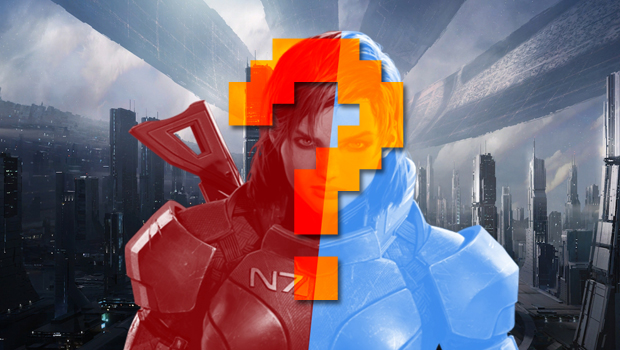
So, does Revan deserve a second chance? Are the Helghast actually super sweet people? Who can I talk to about returning a zoot suit? Answer these questions and more, by scrolling down to the comment section below, and be sure to suggest some more ideas while you're there.
8 games that forgot to have endings (then tried to fix it later)



